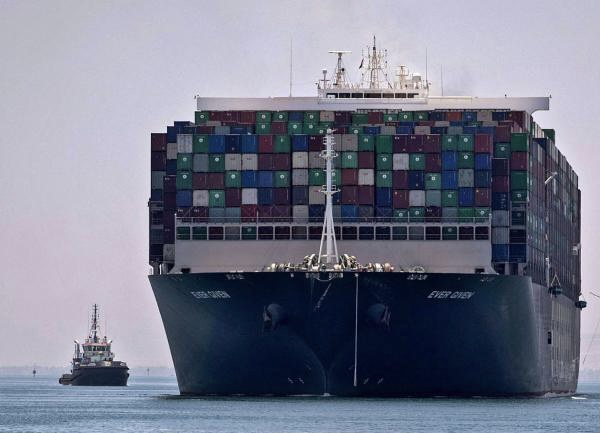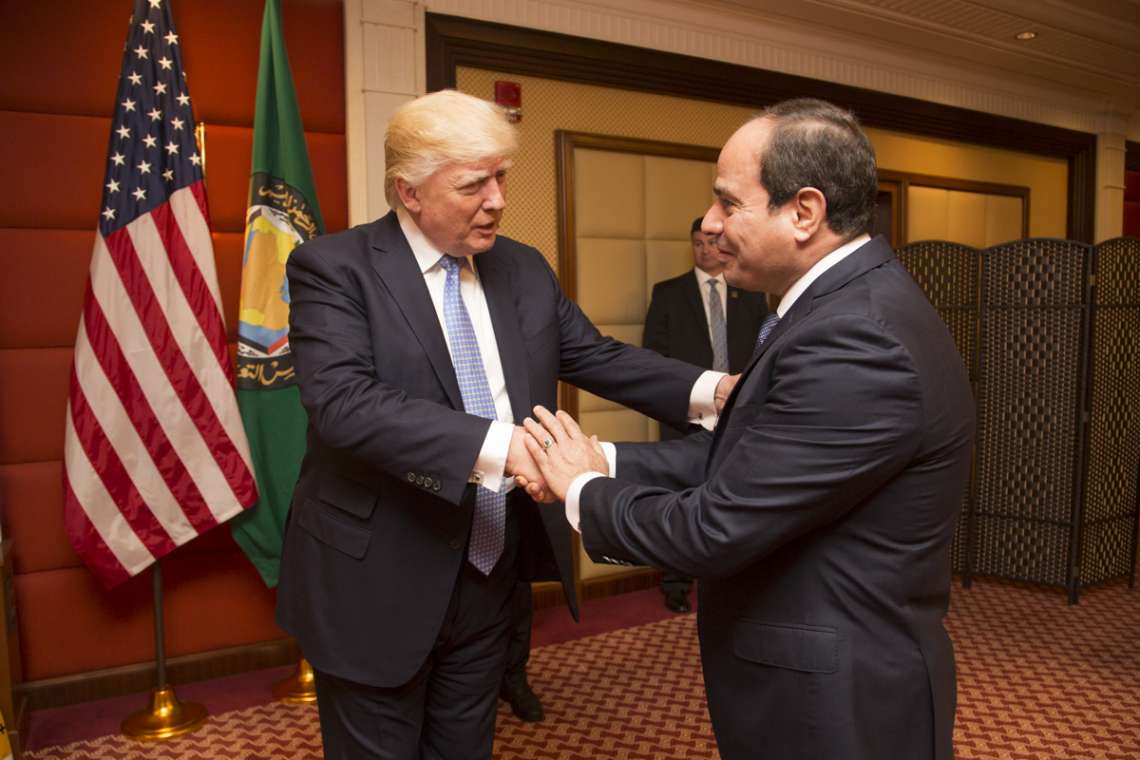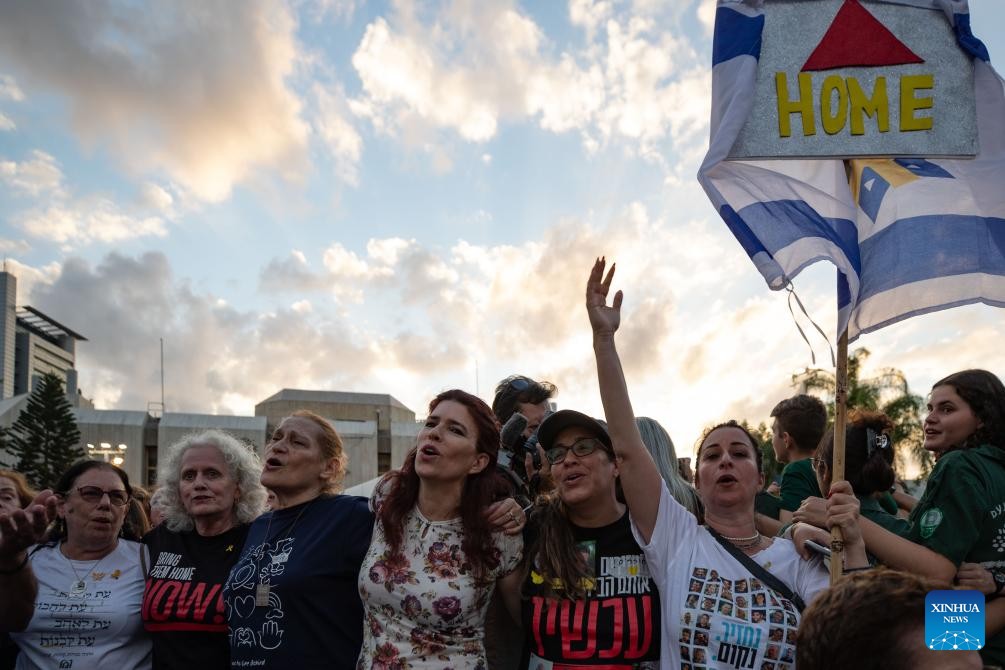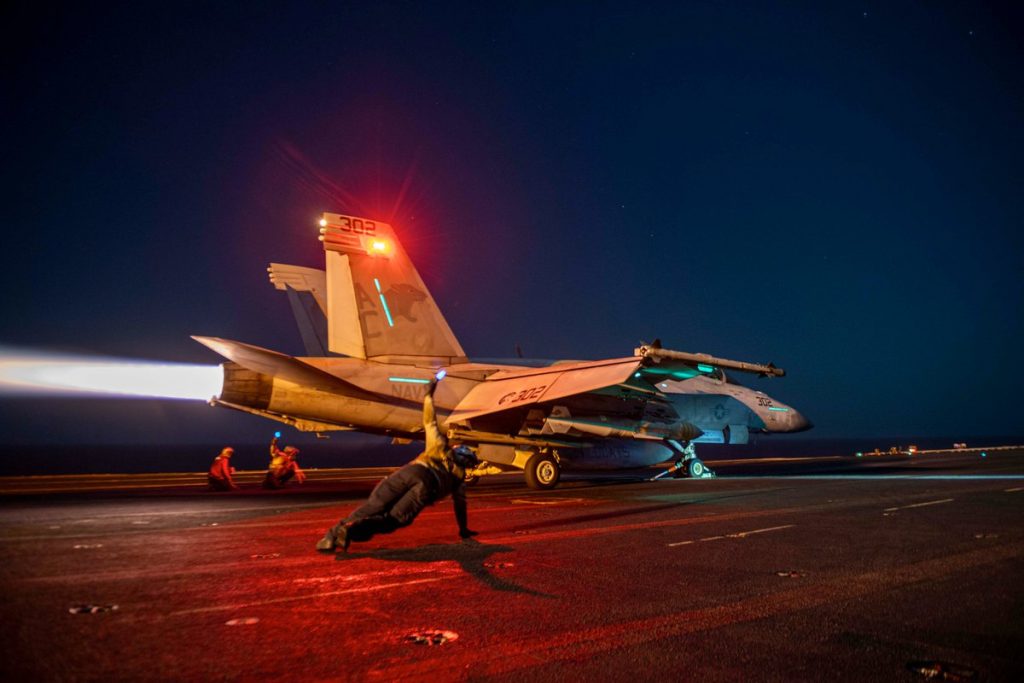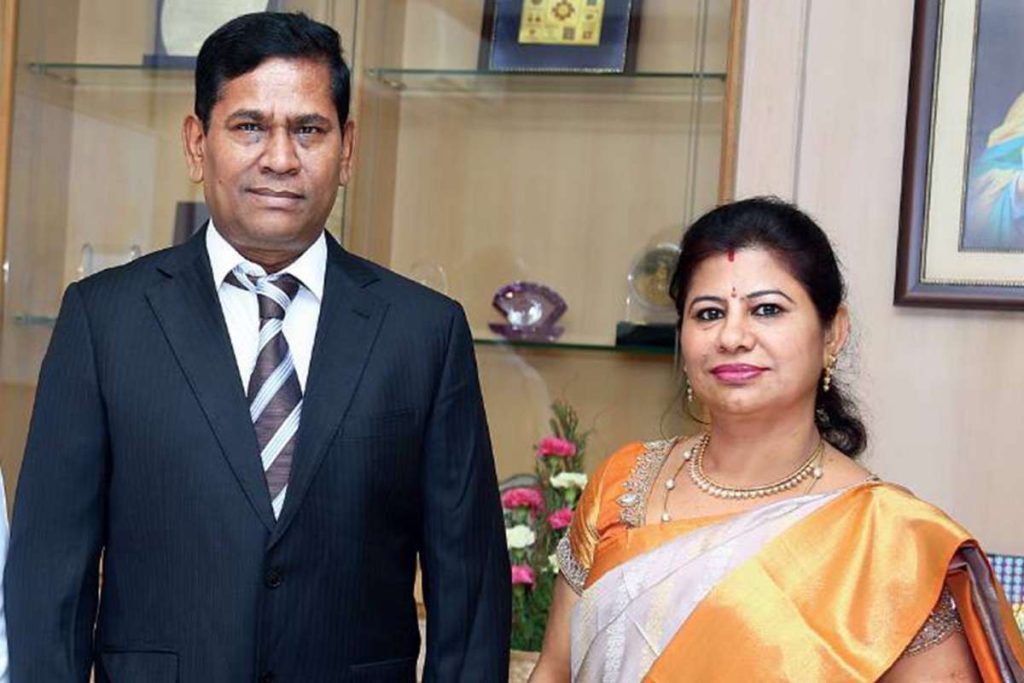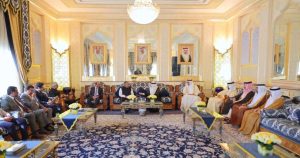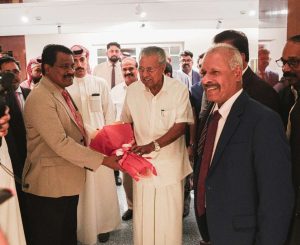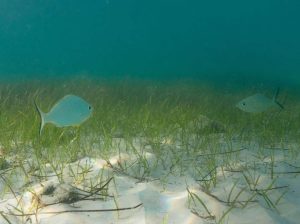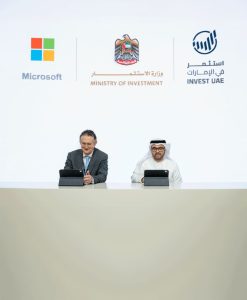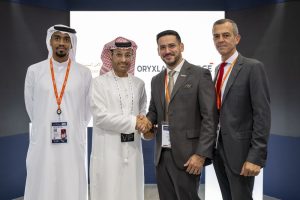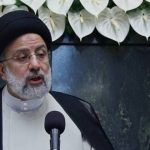Paley’s visit to Panama aims to ensure the integrity of its shipping registry and jurisdiction, preventing entities from evading US sanctions on Iran….reports Asian Lite News
A US special envoy has called upon Panama to prevent Iranian vessels from flying its flag, a tactic allowing Tehran to circumvent US sanctions. Panama, renowned for its offering of flags of convenience, leads in enabling shipping companies to register vessels in countries with which they have no real connection.
his practice, undertaken for a fee and offering freedom from oversight, has drawn concern from envoy Abram Paley who asserts that Iran and its affiliates are exploiting Panama’s flag registry to dodge sanctions.
Paley’s visit to Panama aims to ensure the integrity of its shipping registry and jurisdiction, preventing entities from evading US sanctions on Iran. According to the Panama Maritime Authority, the nation has registered 8,540 ships, representing approximately 16 percent of the global fleet.
Washington suspects that some of these ships are utilized by Iran for transporting oil or its derivatives in violation of sanctions imposed since the US withdrawal from the nuclear deal in 2018.
Paley alleged that at least six Panamanian-flagged ships have breached these sanctions since January.
The US government accuses Iran of funding groups like Yemen’s Houthi rebels, Hezbollah, and Hamas with revenue generated from oil sales. Experts highlight that ship owners exploit flags of convenience to evade environmental regulations, labour laws, and to obscure ownership.
Paley expects continued cooperation from the Panamanian government, based on their domestic laws and international obligations, in tackling these challenges.Top of Form
Last week, Iran’s Deputy Foreign Minister for Political Affairs, Ali Bagheri Kani, said that consultations would continue with the EU on issues of common interest, including the removal of sanctions on Tehran.
He made the remarks on social media platform X while elaborating on his recent meeting in the Qatari capital Doha with the EU’s deputy foreign policy chief, Enrique Mora, and the bloc’s Special Representative for the Middle East Peace Process Sven Koopmans, without specifying the date of the meeting.
Bagheri Kani said, “I had a useful meeting with Mora and Koopmans,” noting that such consultations would continue to further address matters of mutual concern, such as lifting the sanctions on Iran, Xinhua news agency reported.
Mora also wrote in a post on X that he had met Bagheri Kani in Doha, listing their meeting’s topics as “Iran-Russia military cooperation, Gaza war and regional dimension, nuclear commitments and sanctions lifting in JCPOA framework, and bilateral issues”.
The JCPOA, short for the Joint Comprehensive Plan of Action, is a nuclear deal signed between Iran and world powers in July 2015. Under the deal, Iran agreed to put some curbs on its nuclear programme in return for the removal of sanctions on the country. The US, however, pulled out of the deal in May 2018 and reimposed its unilateral sanctions on Tehran, prompting the latter to drop some of its nuclear commitments.
The talks on the revival of the JCPOA began in April 2021 in Vienna, Austria. Despite several rounds of talks, no significant breakthrough has been achieved since the end of the last round in August 2022.
ALSO READ: Protesters demanding Gaza ceasefire block San Francisco airport

